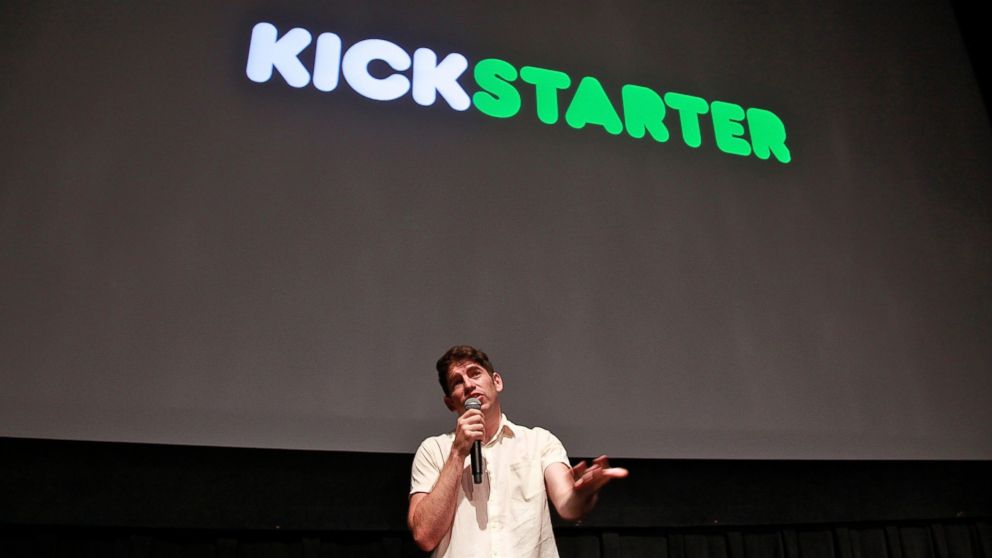Kickstarter Success Could Lie in Your Words
Certain words and phrases are linked with the site's success stories.

Jan. 16, 2014— -- Everyone who creates a Kickstarter page wants to do everything possible to succeed. But your choice of words could play a bigger role in a project's success than its creator might think. Researchers analyzed more than 45,000 different Kickstarter campaigns and found that certain phrases were more likely to appear in successful projects than in failed ones.
Tanushree Mitra, a computer science graduate student at the Georgia Institute of Technology, said that the research was inspired by unexpected Kickstarter failures. "Ninja Baseball had already generated attention from the press," she told ABC News. "We had the feeling it would get funded, but it didn't meet its goals."
Mitra initially didn't see language as one of the most important elements associated with a Kickstarter success. "In our model, we included many different possible factors, like the kind of project or the funding goal," she said. "But the main factor was language."
While finding that language had a significant effect on Kickstarter success was surprising, the phrases associated with success or failure weren't. The successful projects were more likely to use assertive words and phrases, such as "we can afford" or "we have chosen." Failures were more likely to use phrases that emphasized the investor's role, such as "provide us" or "help support our ..."
Marketing blogger Jim Connolly said that Kickstarter projects also needed to create a specific and targeted message. "Most small and medium-sized businesses try to market to the widest universe of people, but you then end up with only a vaguely relevant message," he said. "It's kind of a paradox, but businesses stand a far greater chance at getting the money you need if you're directly relevant [to a specific group]."
Connolly adds that the people behind Kickstarter projects are motivated, but they need to get that motivation across. "You have passionate people that have been drinking coffee and working until 3 a.m. to make something happen," he said. "But you have to get that belief across."



